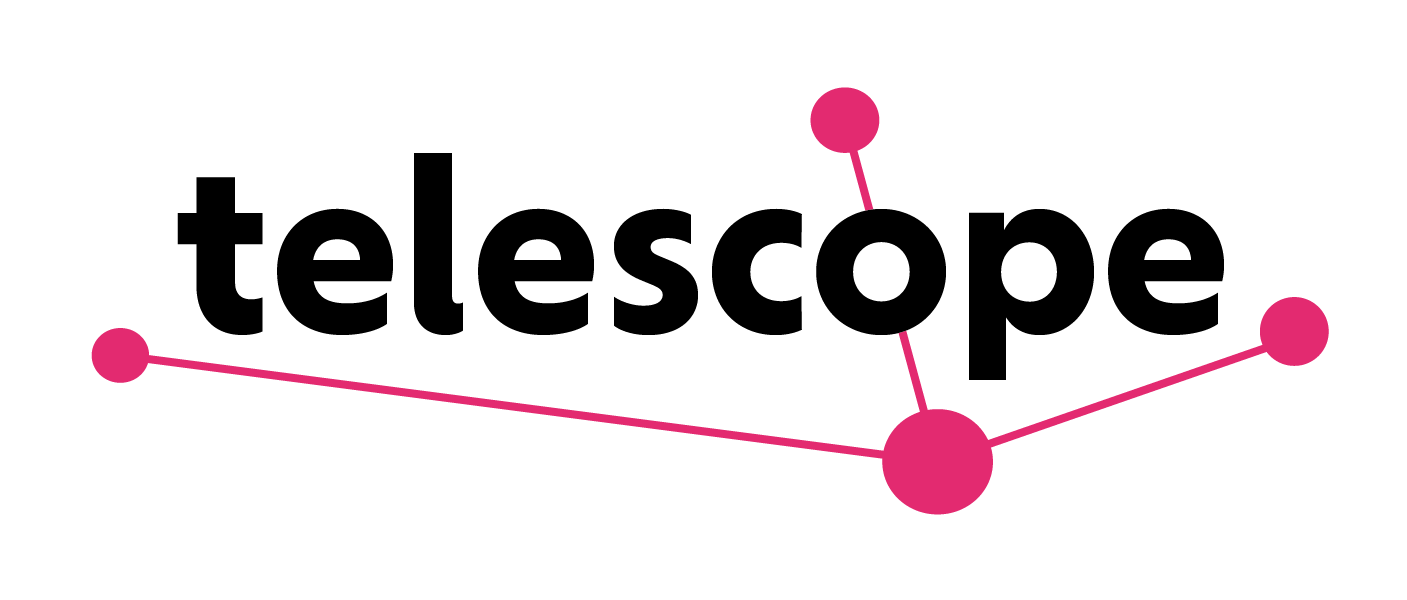How might we make change sustainable? Building our new Learning Community
“We are led by those who most know these systems.” -- Aurora Levins Morales
Speaking to expert by experience John McGlone in our recent interview, I was struck by his emphasis on trust and connection. He’s fully committed to the idea that building strong human empathy and relationships can bring meaningful change. That’s the foundation for all of Telescope’s work too - we know that bringing people together across silos and departments, with different backgrounds and levels of agency, can spark important conversations and changes to how we do things as a society.
But we also know all too well that the structures that exist in our public services, as well as in private efforts to fight for social justice, often do not allow for this kind of collaborative, human-centred change. Reporting requirements, checklists, forms with required fields...all of these make it very hard to maintain an idea of the human, as a whole holistic being, at the centre of service provision. As one participant in Collaborate CIC’s recent Human Learning Systems session put it, “it’s a cycle of quantifiable evidence - getting money, giving back numbers, then getting more money. But people’s behaviours are very complex. You can’t put them into boxes when it comes to making change”.
That poses a potential challenge to Telescope’s vision. Even if we can bring together a diverse group of people, and support them to share meaningful insights and generate exciting, innovative ideas, the process of implementing those ideas as tangible solutions is going to be tricky: at best messy, at worst nigh on impossible. We want to explore how we can change that.
That’s where Human Learning Systems comes in. HLS starts with the belief that public service exists exists to support human freedom and flourishing. It’s about being human in providing support, and using learning adaptation as a core management tool, rather than setting and trying to meet targets and outputs that may not be relevant. This can allow for change at a person-to-person level, or higher up within organisations, and is not dissimilar from the ever more popular “agile” approach that is being adopted in design practices worldwide.
There are many overlaps with our work. Our approach as an organisation is agile, with a focus on learning & iteration - just like HLS. In our programmes, we are trying to change mindsets and encourage a collaborative process of learning from one another and building on those insights - just like HLS. So we think that building a Learning Community on the principles of HLS could be a useful way to ensure longer-term impact of our programmes, and meaningful change within the services we work with.
So what will this look like? Our focus for the coming months is on how best to support our participants in the longer-term, when they leave our programme and return to their workplaces. They often have great ideas and are optimistic, but need support to overcome the obstacles we’ve outlined above. So our Learning Community will focus on empowering changemakers, both within their organisations and in other contexts. We will explore two questions. Firstly, how can we empower people to become changemakers in their organisations? Secondly, what can we do as a group to enable ourselves and each other to bring empathetic change in our environments (professional and personal)?
The Community will be co-produced, inclusive, and flexible, with the only requirement being a commitment to using these questions of empowerment as our starting point. We’re learning as much as you - and we’d love to have you on board as we start this journey. Have a read of our invitation and see what you think.
Join us to:
Think creatively about small, effective ways to make a difference
Build a network of like-minded people who also want to be empowered
Grow your capacity to maintain momentum, even when things get tough
To sign up, or simply find out more, please complete this Google form and we’ll get back to you as soon as we can.
